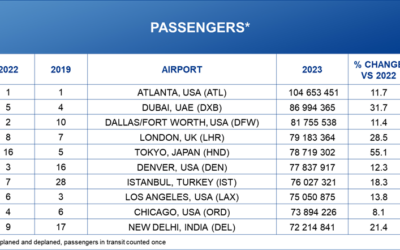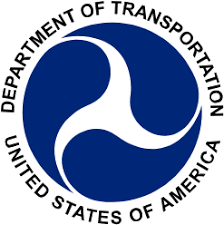Uber, Lyft and other transportation network companies, also known as ride-sharing companies, continue to make headlines as the airport industry struggles with how to manage the non-traditional operators.
Although TNCs operate in several cities across the United States, they’ve met with opposition at many airports because of licensing and insurance issues. Several airports routinely ticket and fine drivers of ride-sharing vehicles, but the drivers and the companies continue to thwart existing rules even as they work behind the scenes to come up with operating agreements.
Some progress appears to have been made in California, at least on the insurance front.
A bill introduced in the California legislature, Assembly Bill 2293, authored by Assemblywoman Susan Bonilla, recently passed the Senate and the Assembly and is awaiting the signature of Gov. Jerry Brown. The passage came after negotiations with Uber and Lyft that ultimately led the TNCs to reverse their former opposition to the new rules. In essence, the bill would require commercial insurance to be in place throughout the transaction process, from the time the app is “on” in the driver’s car to the completion of the ride process. It also allows for CA Public Utilities Commission oversight of TNCs.
Insurance is a key concern at airports, Jim Lites, executive director of the California Airports Council, said recently in an editorial in the Sacramento Bee.
Writing in support of Bonilla’s bill and another bill – AB 612, sponsored by Assemblyman Adrin Nazarian, which would require more extensive criminal and driver history background checks for TNC drivers – Lites noted that the scope of commercial liability for TNCs is “significantly narrower” than other commercial transportation companies.
“Allowing ride-sharing services to operate differently effectively allows them to compete for the same business, but at a significantly lower cost,” Lites noted. “Adequate insurance protections and maintaining a level playing field have been obstacles, but airports are optimistic that, with the help of strong public safety protections from the legislature and the California Public Utilities Commission, these transportation companies can quickly become an integral part of airport operations globally.”
In Tampa, Fla., negotiations are underway among the Hillsborough County Public Transportation Commission and various TNCs, according to a report in The Tampa Tribune. Issues include background checks, commercial insurance, vehicle inspections and fares. The commission’s director, Kyle Cockream, told the newspaper that progress has been made on several issues.
Uber, United Airlines Join Forces
Although airport battles continue, in August, United Airlines became the first airline to offer customers Uber transportation services via its mobile app. But because of varying restrictions, United says it will only display Uber services approved by the airport authorities.
That means the standard service using citizen drivers, UberX, won’t be available through the app at the vast majority of airports. The company also operates UberTaxi, UberBlack and UberSUV, which have varying levels of acceptance at airports.
United says the app will display information on the Uber services available at an individual airport, including types of available vehicles, estimated wait times and prices. After customers select a ride, the United app will automatically transfer them to the Uber app or the Uber website to sign up for an account to complete the transaction.






